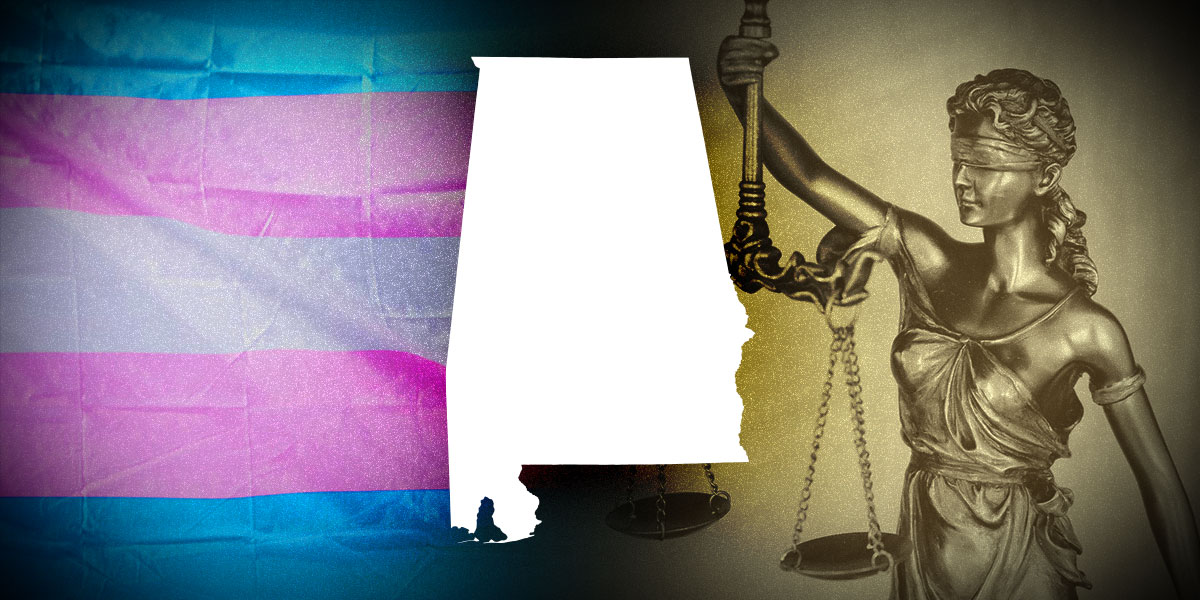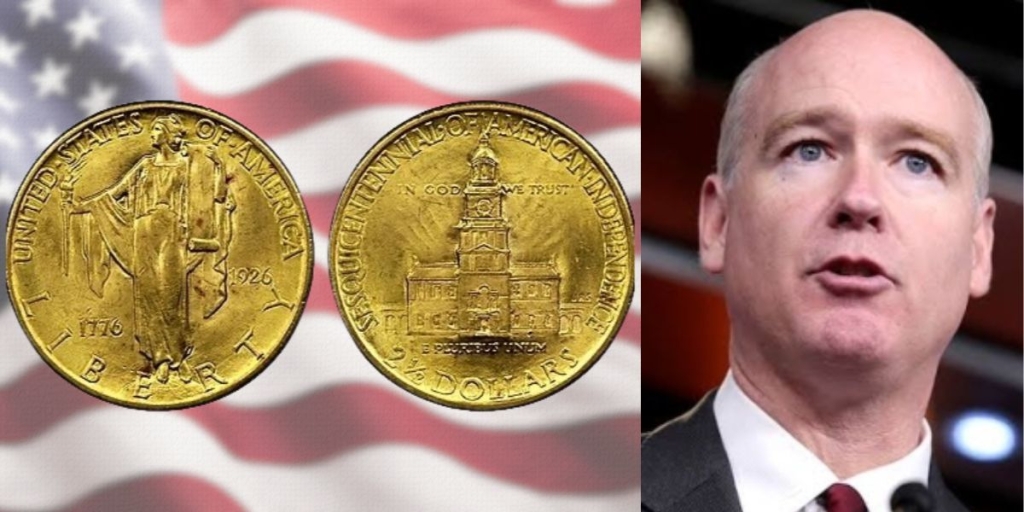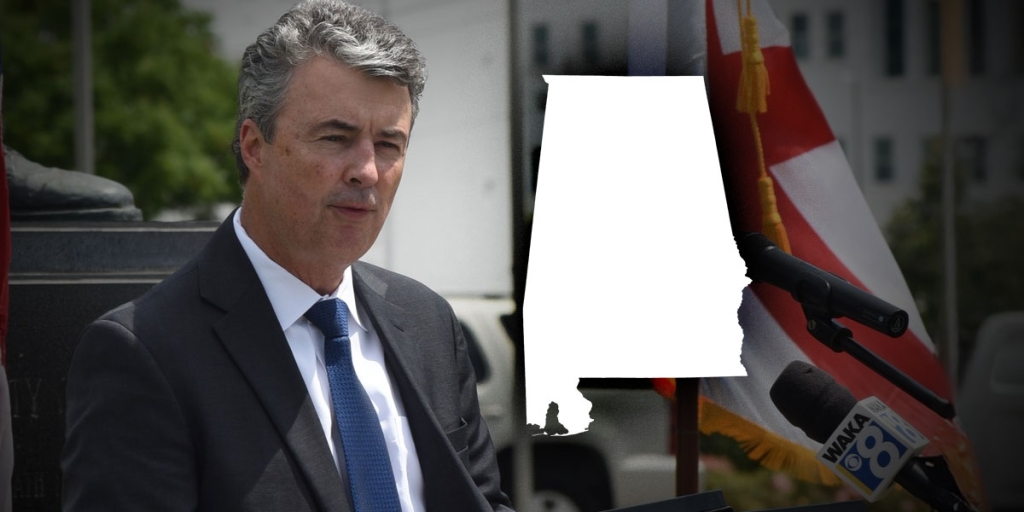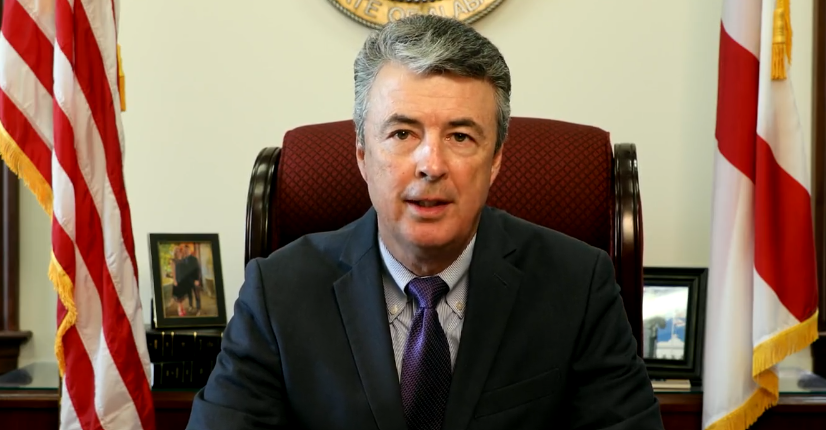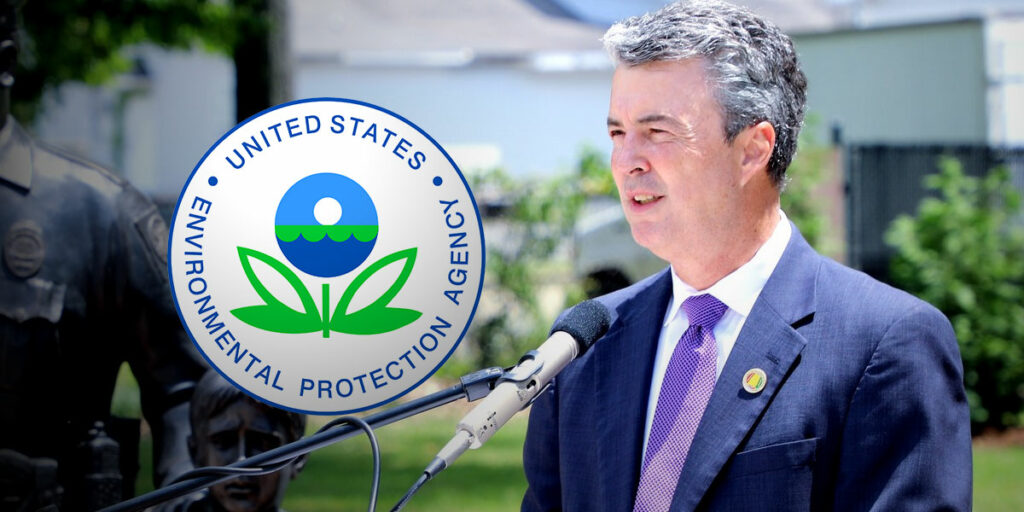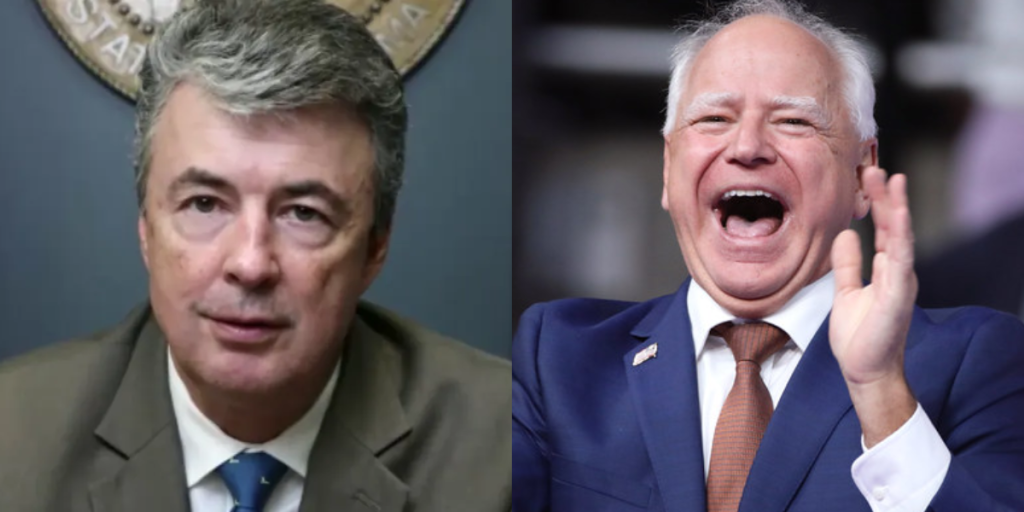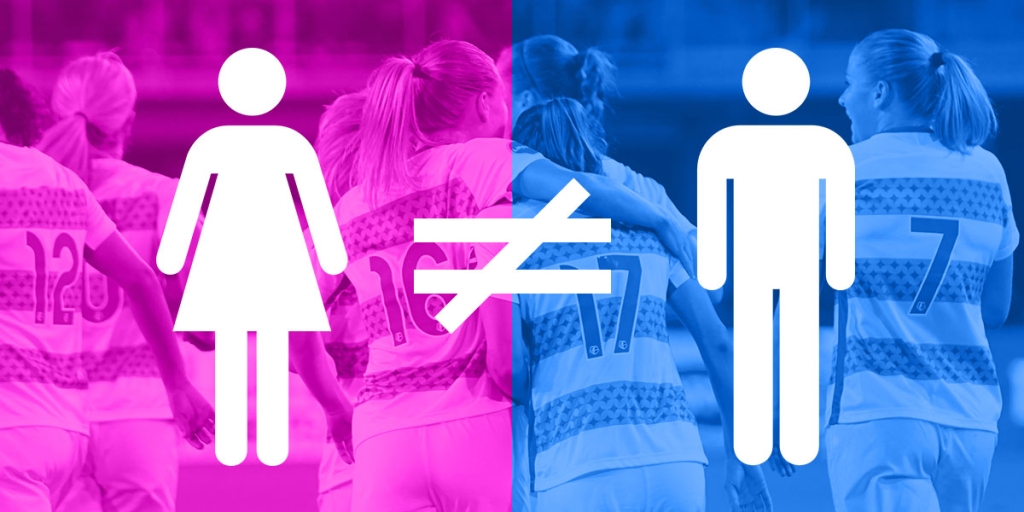In a recent report in the Atlantic, Alabama’s legal defense of it’s ban on gender transition surgeries and procedures is credited as a crucial turning point in the fight against the practice.
“The Liberal Misinformation Bubble About Youth Gender Medicine” catalogues how some of the more radical theories on transgenderism were able to become mainstream in recent years.
“When red-state bans are discussed, you will also hear liberals say that conservative fears about the medical-transition pathway are overwrought—because all children get extensive, personalized assessments before being prescribed blockers or hormones.” Helen Lewis writes. “This, too, is untrue.”
The report is a reaction to the recent 6-3 decision in the United States v. Skrmetti case, which upheld Tennessee’s law imposing age-based restrictions on access to sex-change procedures against an Equal Protection Clause challenge by the Biden Administration and the ACLU.
Lewis argues that Alabama’s defense of the law led to many new discoveries about the harm caused by some of these treatments. Alabama’s Vulnerable Child Compassion and Protection Act was passed by the Alabama Legislature and signed into law by Governor Kay Ivey in 2022. It criminalized the prescription of hormones and blockers to patients under 19.
Marshall’s defense of that new law began almost immediately. Within days, parents and advocacy groups filed Boe v. Marshall in federal court challenging the ban on puberty blockers, cross-sex hormones, and gender-transition surgeries for minors.
Marshall moved quickly to dismiss the suit — and in doing so — secured extensive discovery into the plaintiffs’ medical records and mental-health treatment notes.
That discovery revealed that key medical organizations misled parents, promoted unproven treatments as settled science, and ignored growing international concern over the use of sex-change procedures to treat gender dysphoria in minors.
Many of those so-called treatments were pushed by the World Professional Association for Transgender Health (WPATH).
“After the Biden administration sued to block the law, the state’s Republican attorney general subpoenaed documents showing that WPATH has known for some time that the evidence base for adolescent transition is thin,” Lewis explains.
“’All of us are painfully aware that there are many gaps in research to back up our recommendations,’ Eli Coleman, the psychologist who chaired the team revising the standards of care, wrote to his colleagues in 2023. Yet the organization did not make this clear in public.”
Alabama Attorney General Steve Marshall declared victory in defending Alabama’s law after the plaintiffs decided to drop their challenge to Alabama’s Vulnerable Child Compassion and Protection Act in May.
“We fought back. We defeated a preliminary injunction and conducted court-ordered discovery into the so-called ‘standards of care’ that these groups claimed were evidence-based,” Marshall said at that time.
“What we found was devastating to the plaintiffs’ challenge: a medical, legal, and political scandal that will be studied for decades. Given the evidence we uncovered, it is no surprise the plaintiffs abandoned their challenge.”
Beyond the Atlantic’s account of the Skrmetti decision, Alabama’s litigation has revealed even more striking admissions about the negative outcomes associated with the practice.
During Supreme Court oral arguments, ACLU lawyer Chase Strangio conceded there is “no evidence in some—in the studies—that this treatment reduces completed suicide,” undermining the once-central claim that medical transition is lifesaving for youth.
RELATED: Steve Marshall files U.S. Supreme Court brief protecting minors from gender transition treatments
Alabama’s long-fought reversal of the mainstream medical ideals has already began making its way around the world.
In the United Kingdom, the Cass Review, an independent government-commissioned report, found that the evidence base for puberty blockers is “weak and inconclusive,” with some studies showing no meaningful psychological benefit.
After Marshall subpoenaed internal WPATH communications, it emerged that key guideline-makers had themselves acknowledged “many gaps in research to back up our recommendations” — yet those caveats were never publicly disclosed.
As Alabama’s role in arguably saving the future of youth medicine reverberates worldwide, Marshall says he is remaining clear-eyed about what it means for families and children.
“We uncovered the truth. We exposed the scandal. We won. Alabama led the way, and now all families are safer for it,” Marshall said in May.
Yaffee is a contributing writer to Yellowhammer News and hosts “The Yaffee Program” weekdays 9-11 a.m. on WVNN. You can follow him on X @Yaffee




